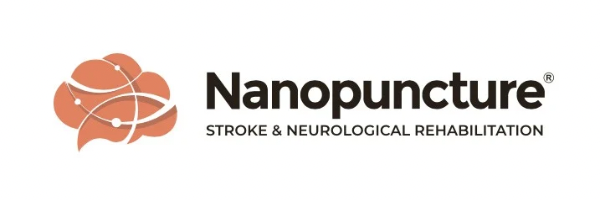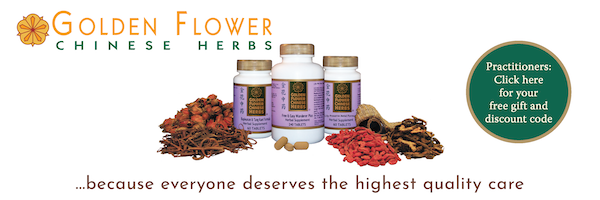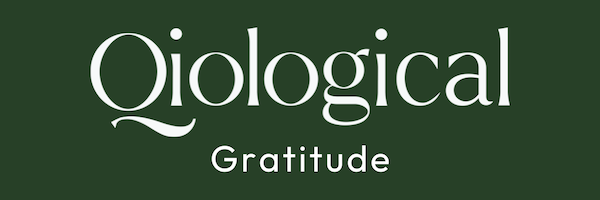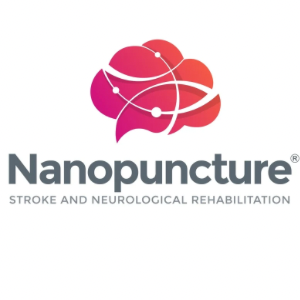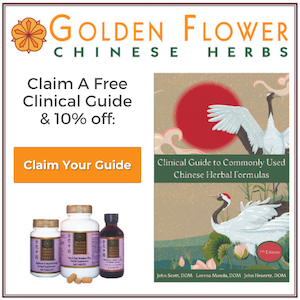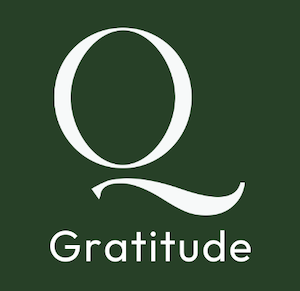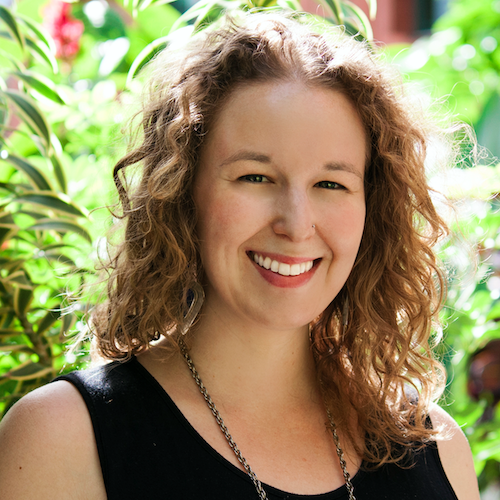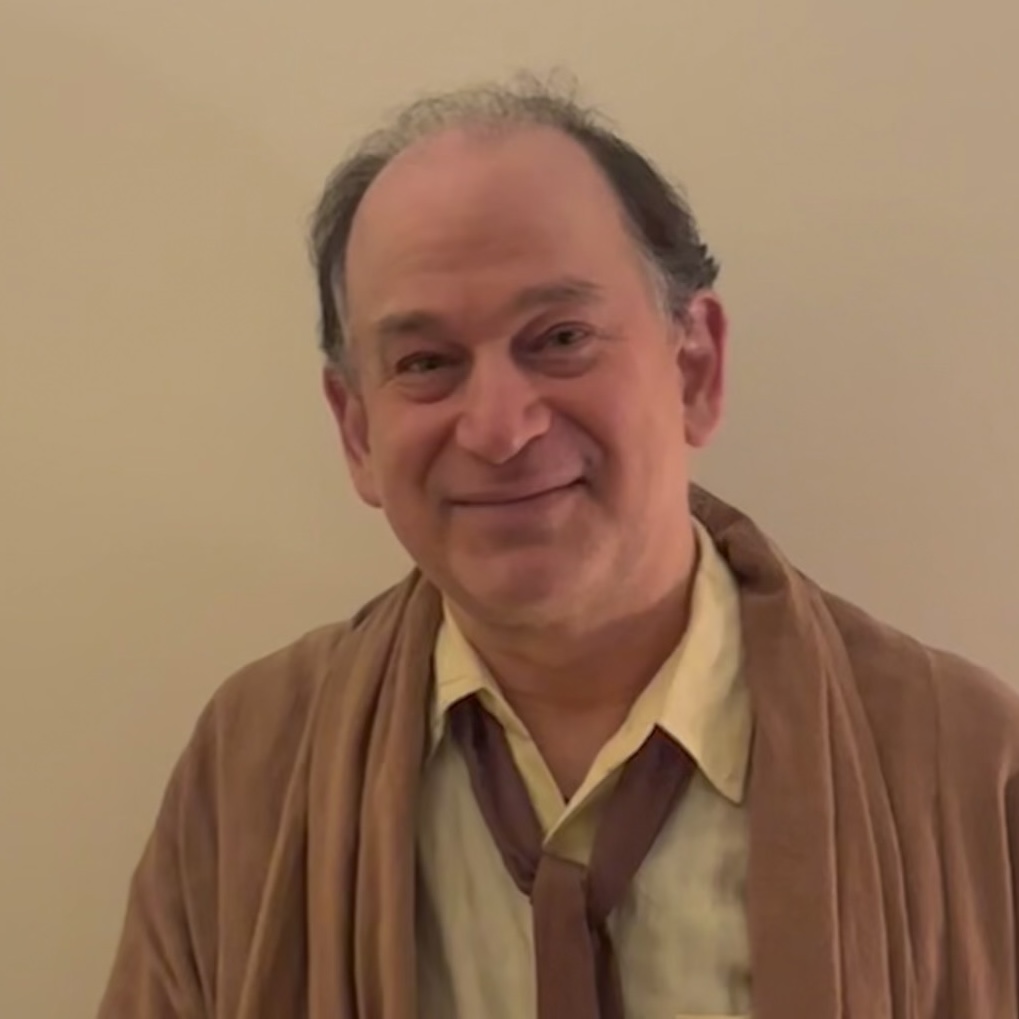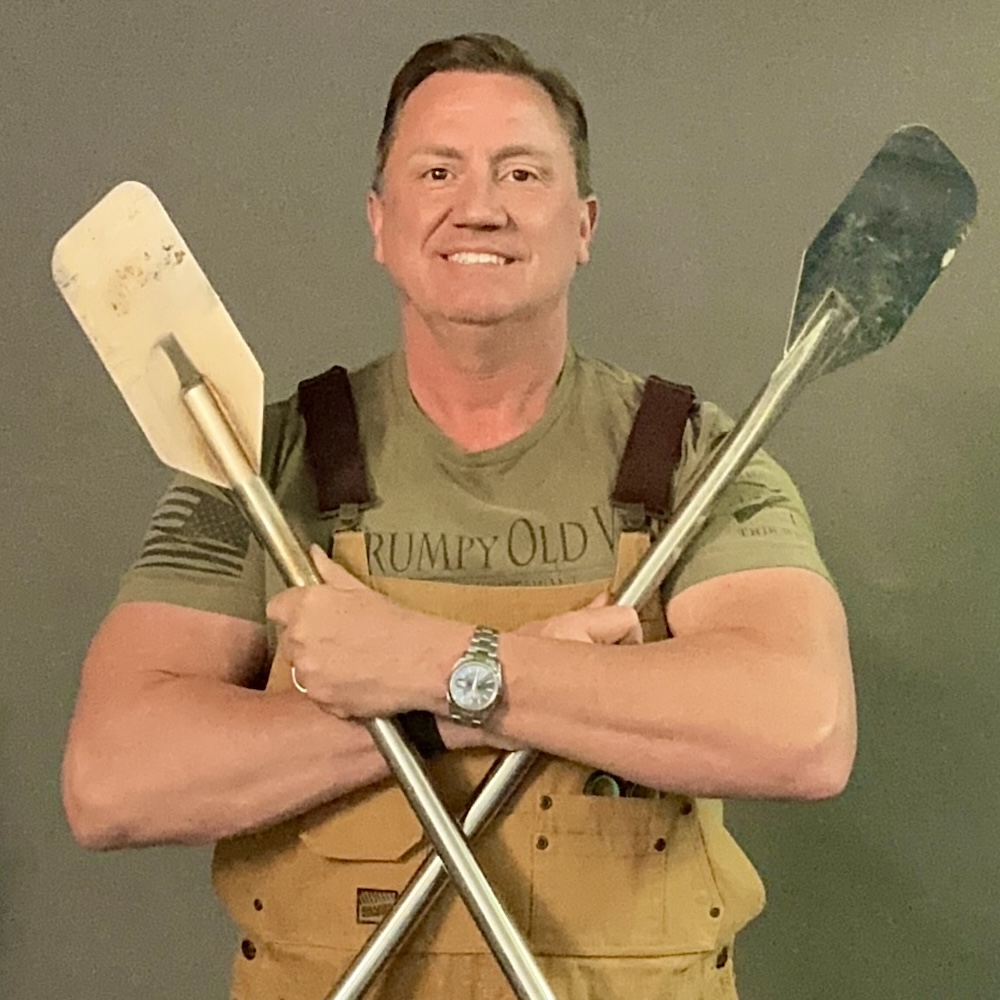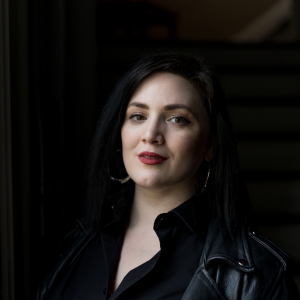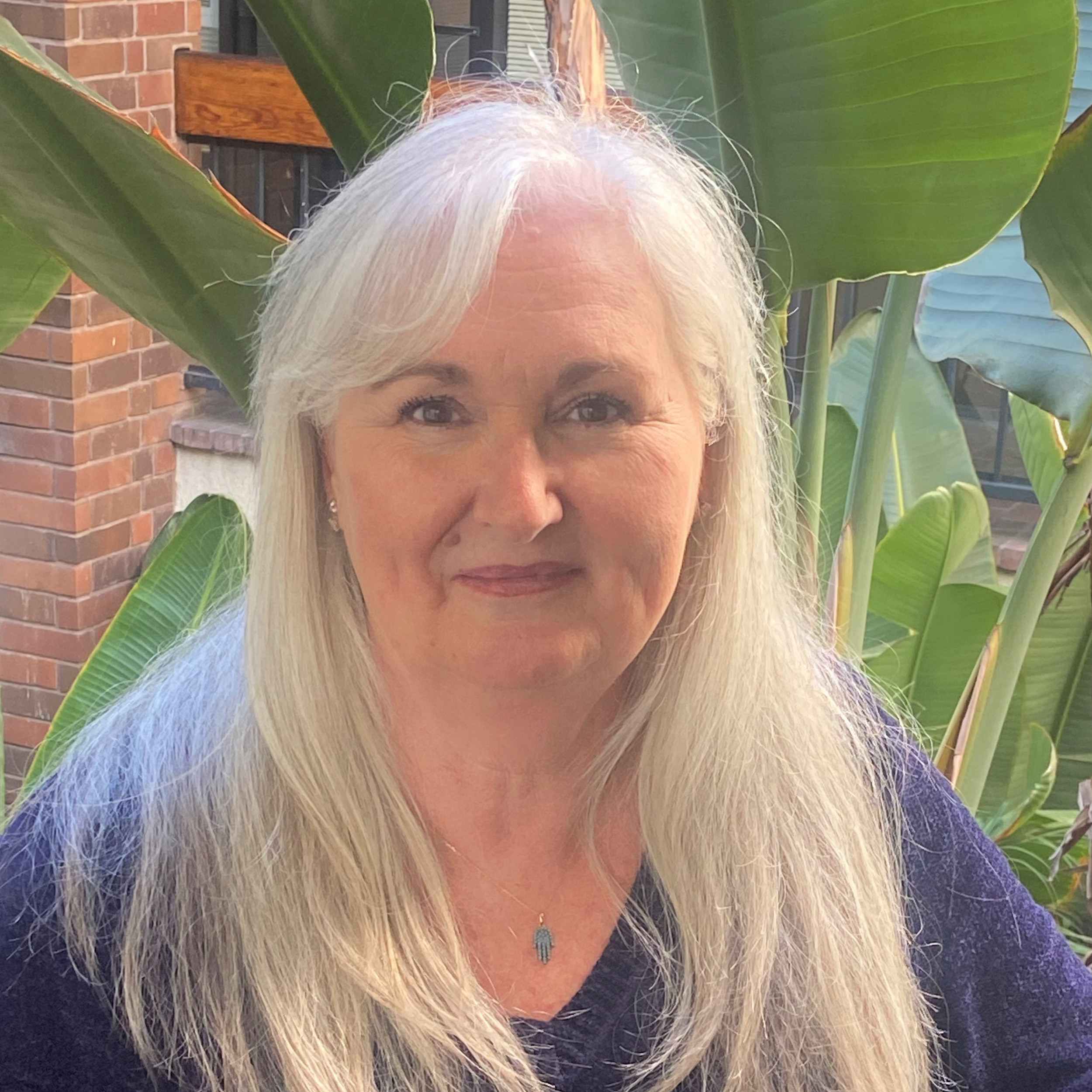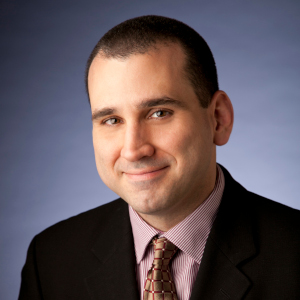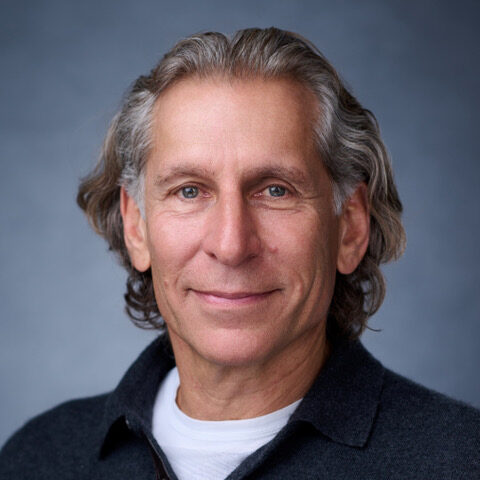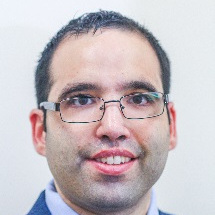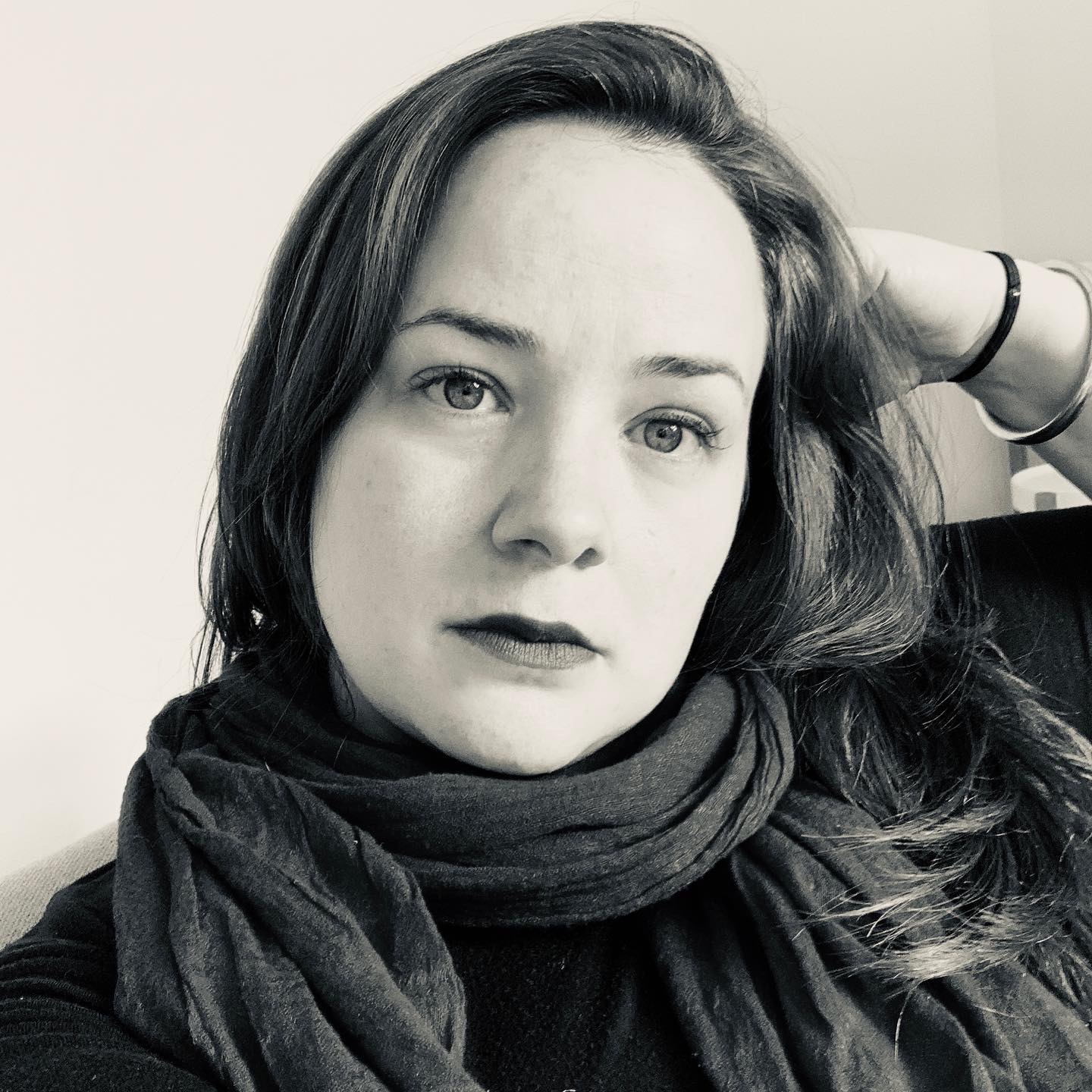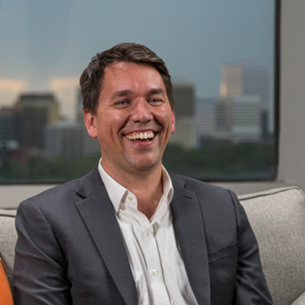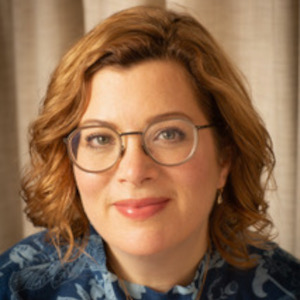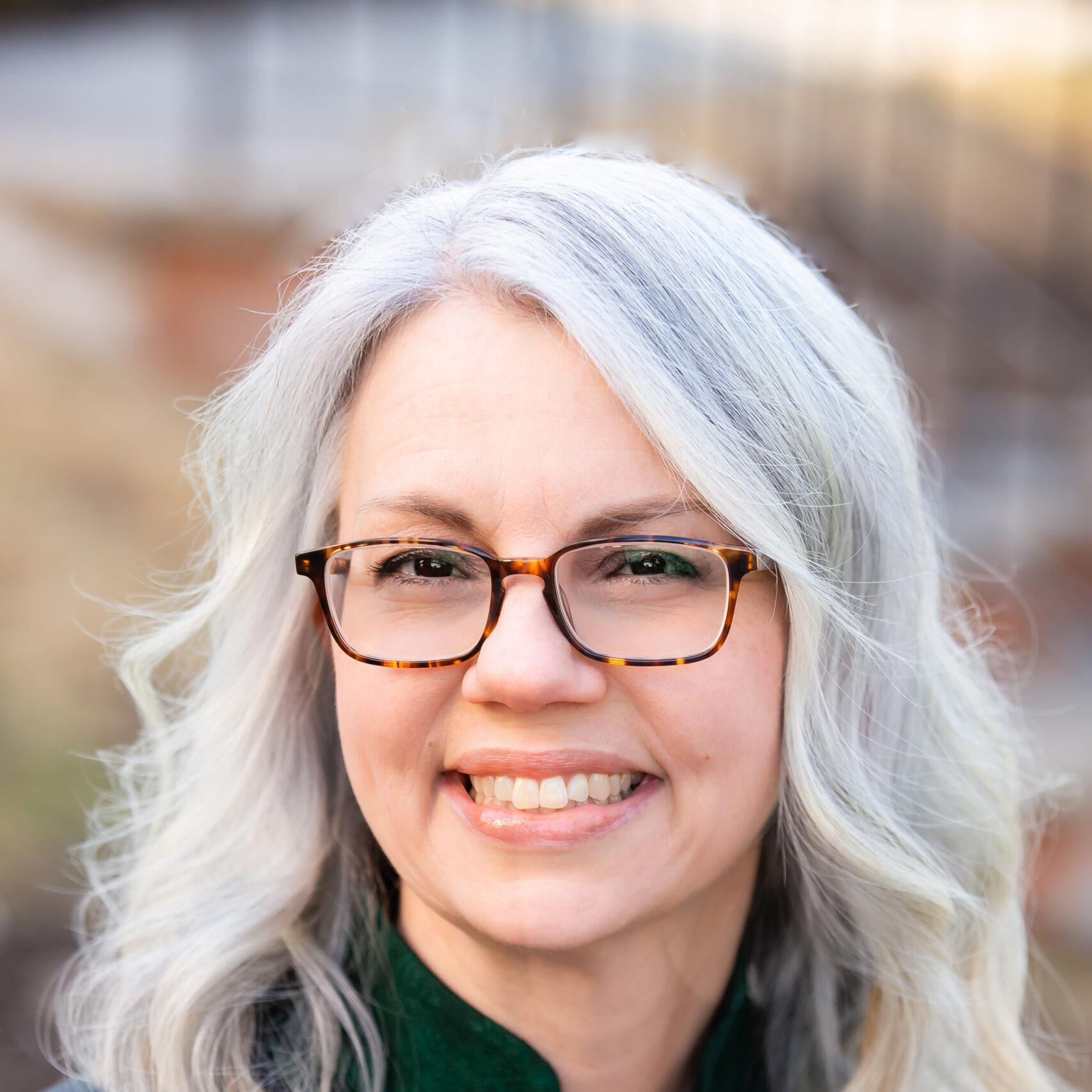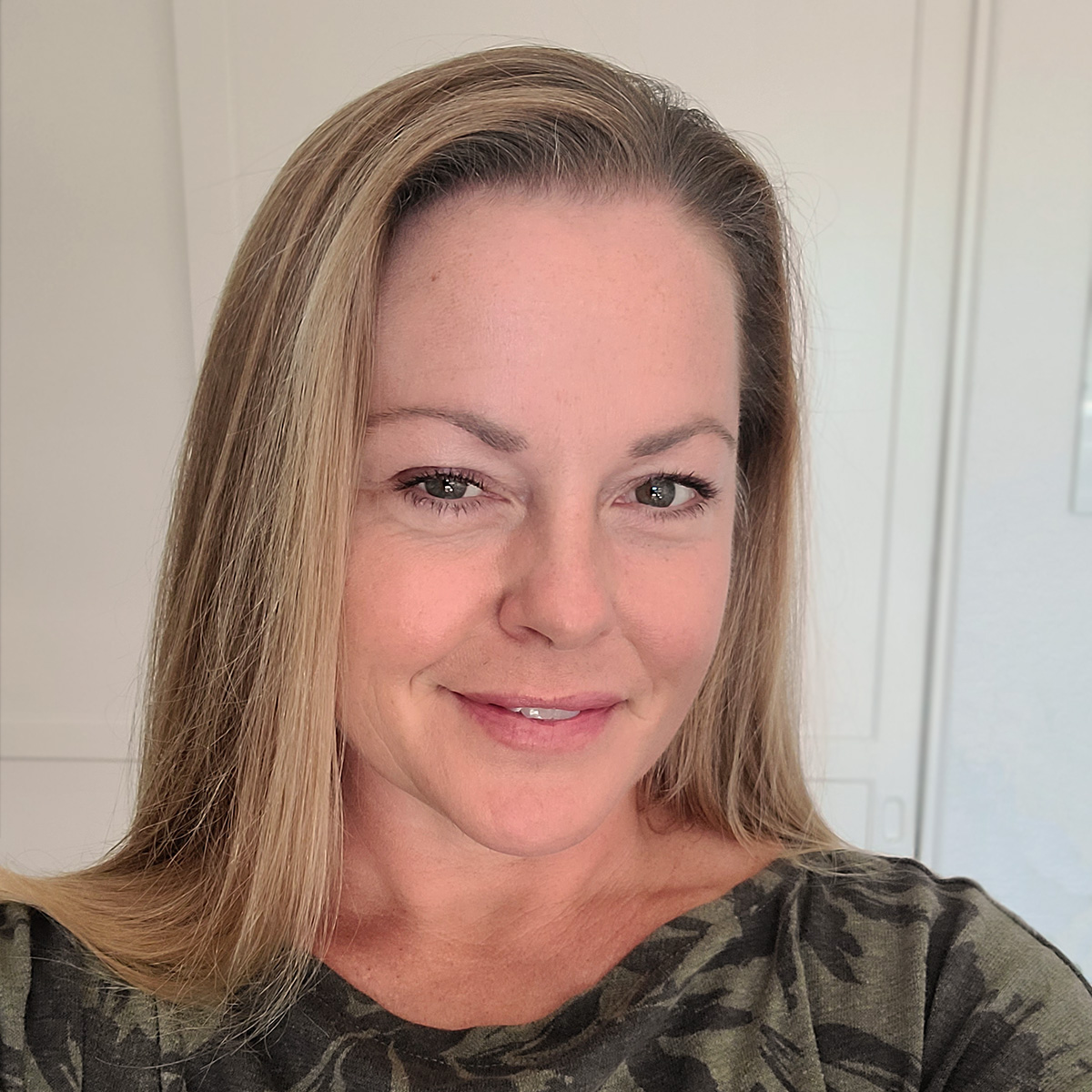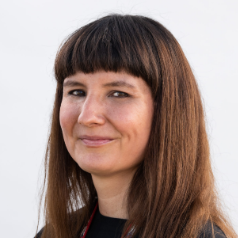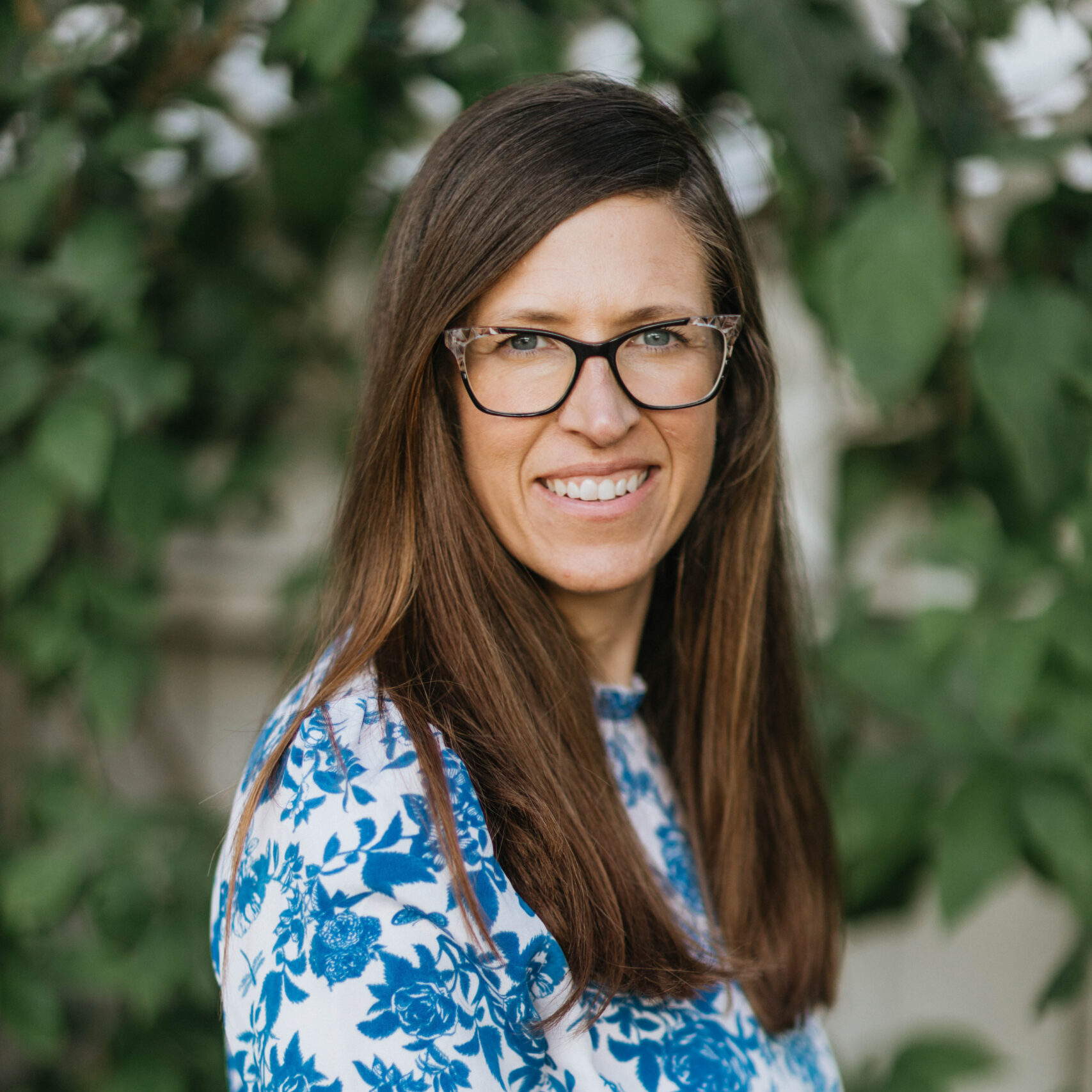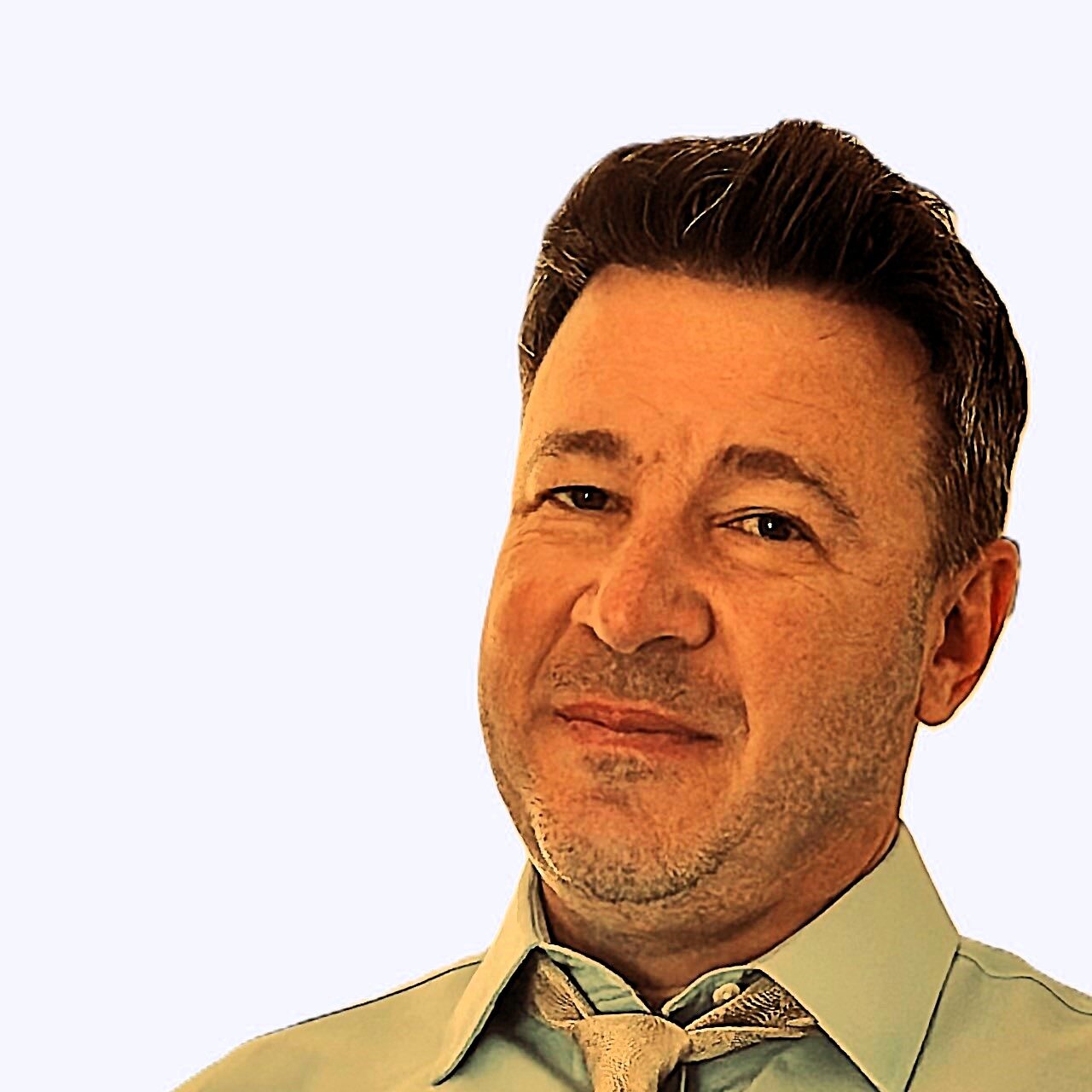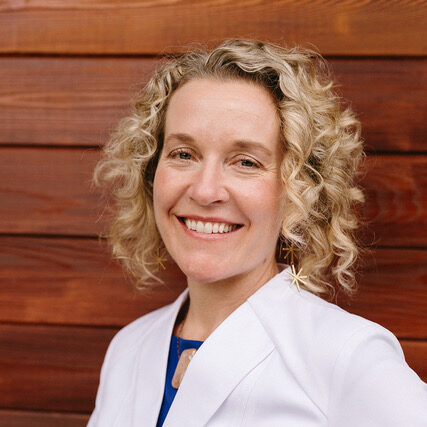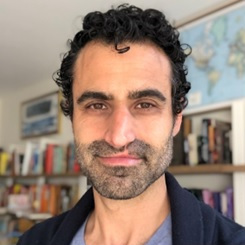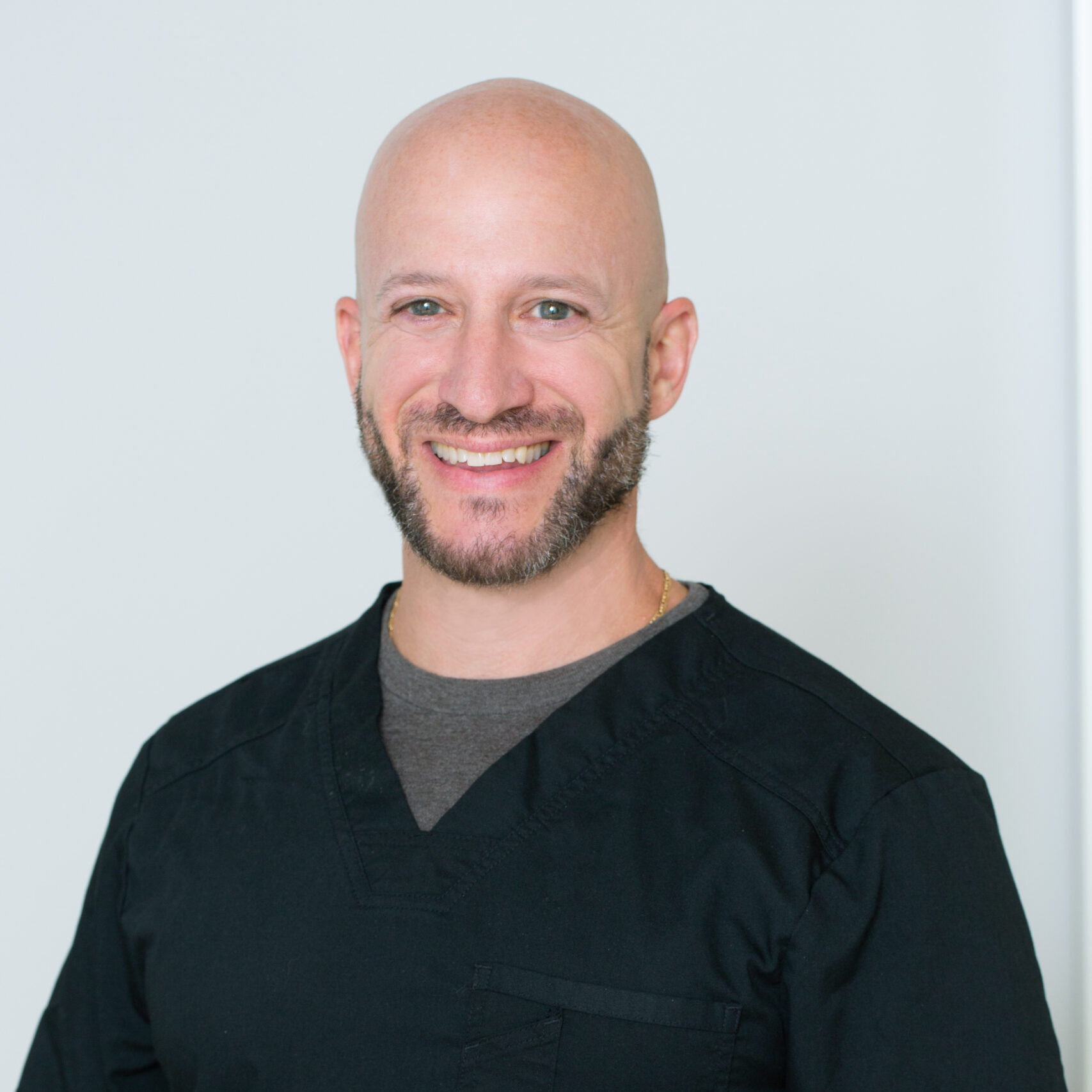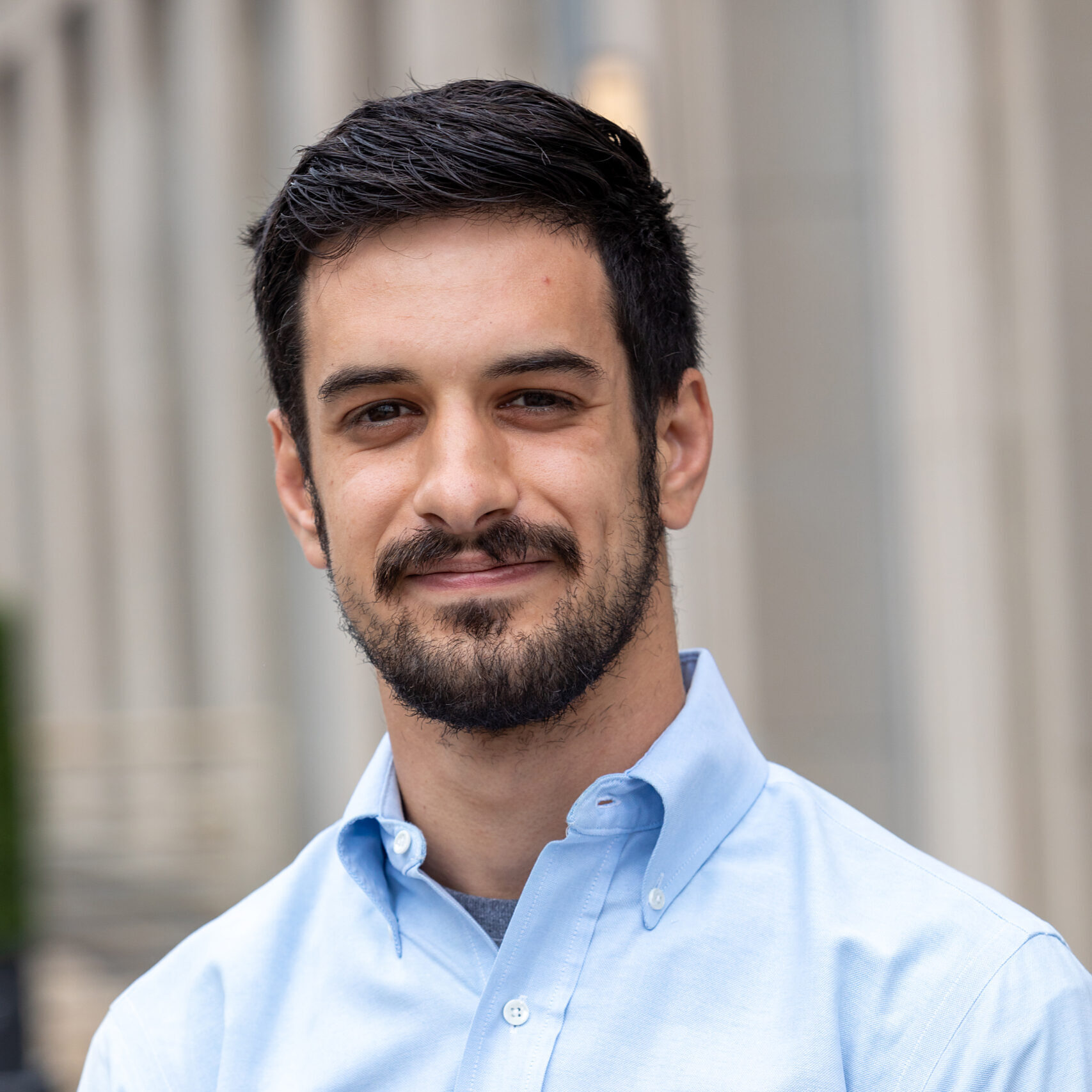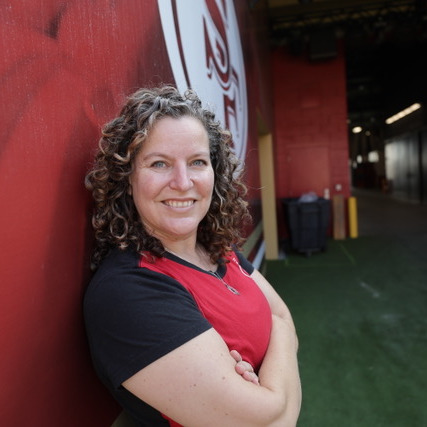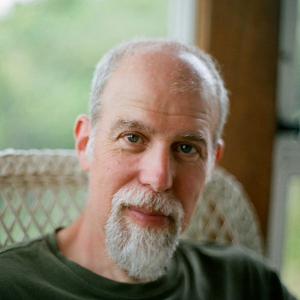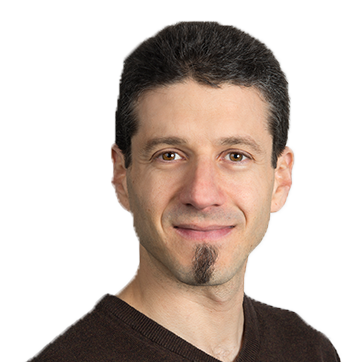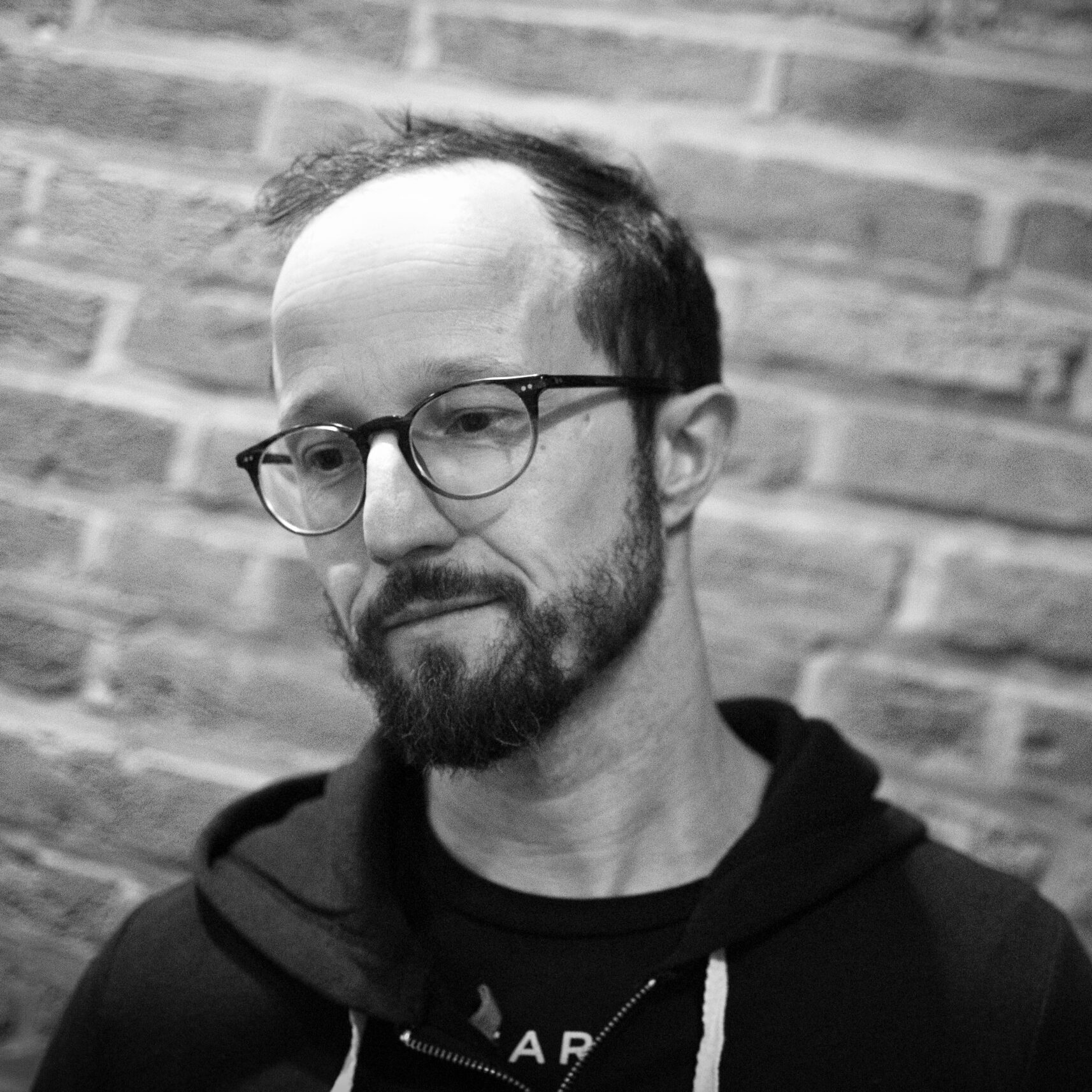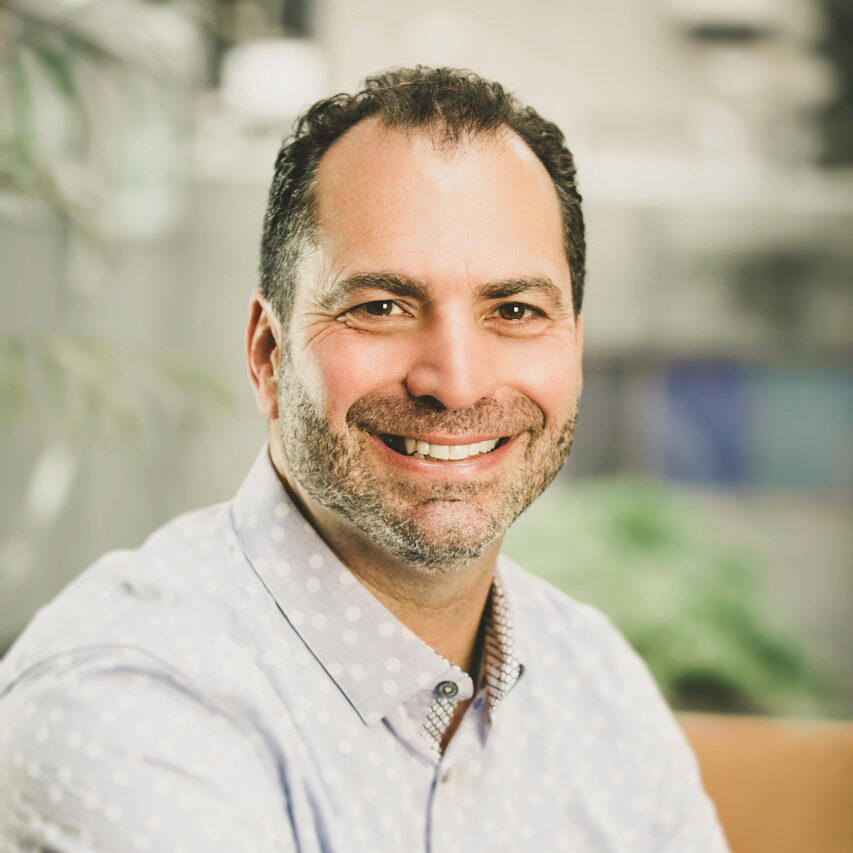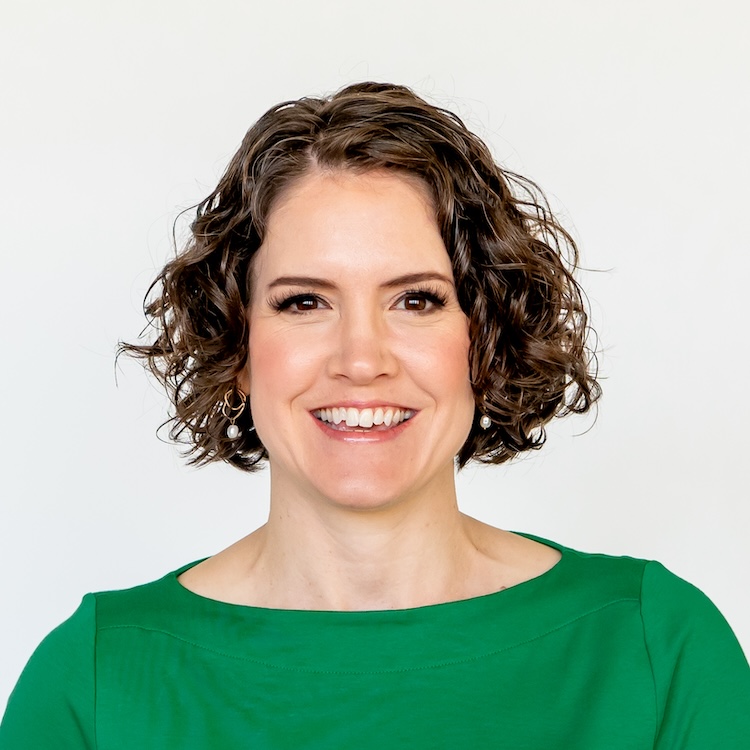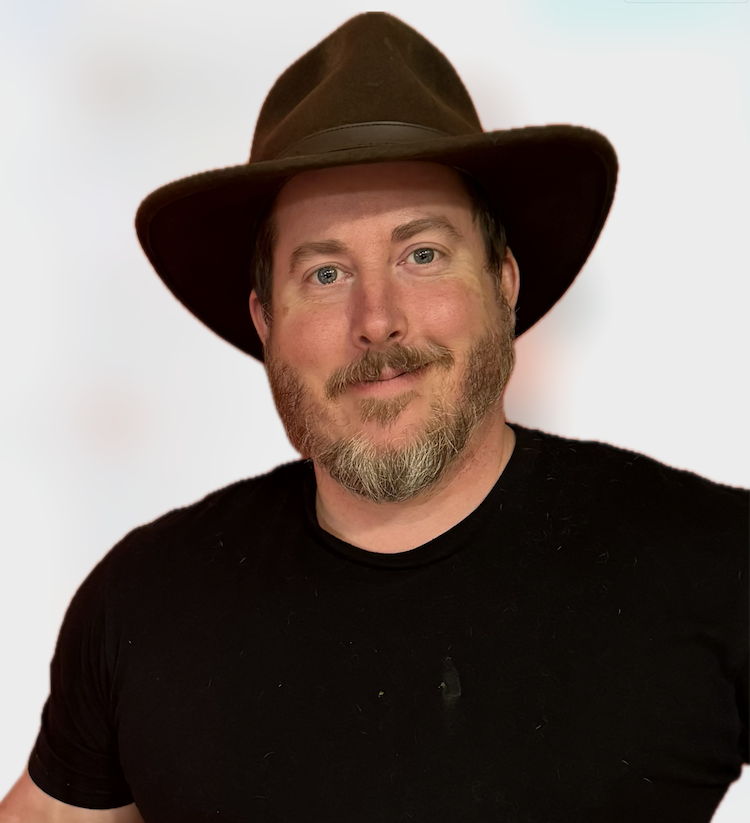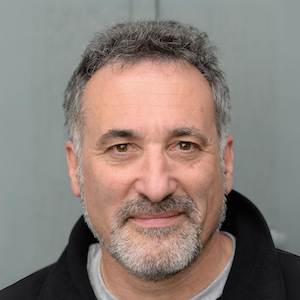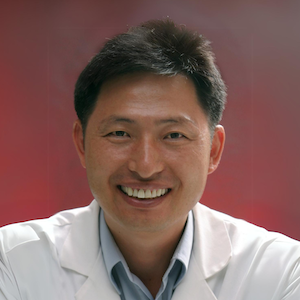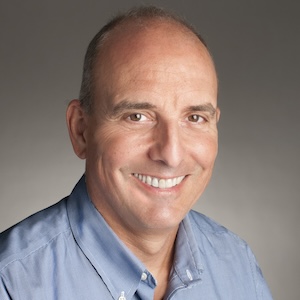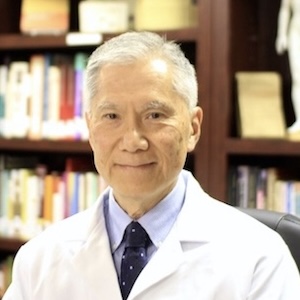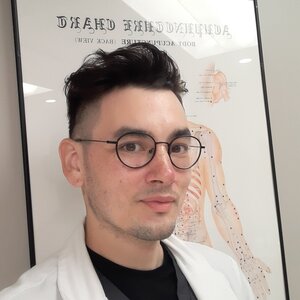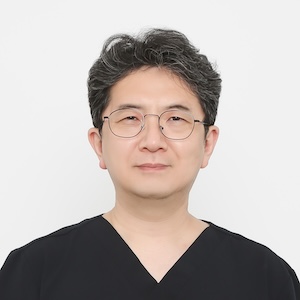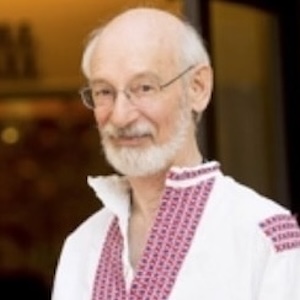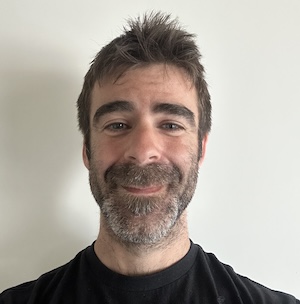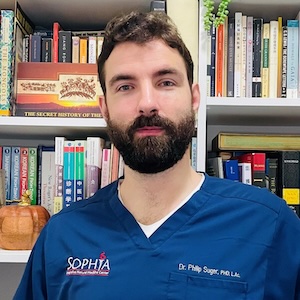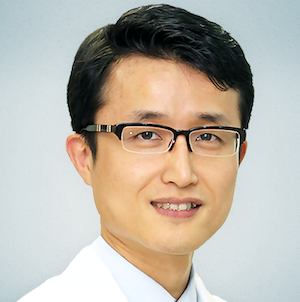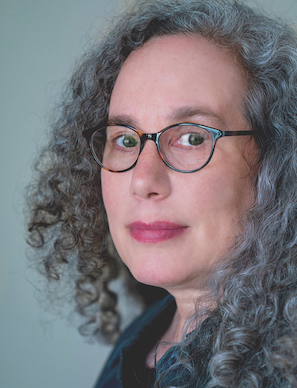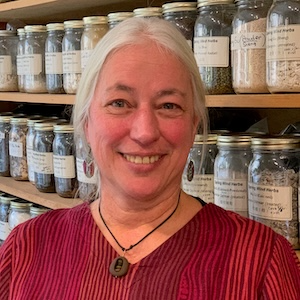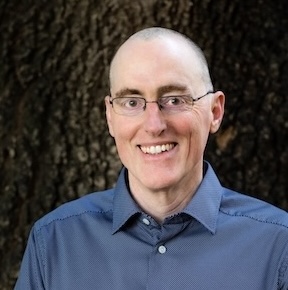Western and Eastern medicine have often stood at odds, separated by skepticism and worldview. But perhaps the best path is neither, but both. Perhaps the best path to healing lies in bridging the gaps between approaches to medicine—cooking together science and tradition, innovation and adaptive ancient wisdom.
The medical systems may contrast, and in those differences perhaps reveal a greater whole. It could unlock a wider perspective and more capacity to help patients.
In this conversation with Robyn Adcock, we delve into the curious (and oftentimes contentious) topic of integrative medicine. We look at navigating the barriers into the conventional medicine world by helping those working in conventional medicine ‘experience’ the value of East Asian medicine from the inside through direct experience. Along with why we may need qualitative methods in our medicine, and how we can leverage scientific improvisation in our clinical work. We also touch on the innate trustworthiness of East Asian medicine and its untapped potential.
Listen into this discussion on clinical curiosity and expanding integrative medicine through experiential learning.
In This Conversation We Discuss:
- AI, robotics, and the ever-green nature of Chinese medicine
- The different lenses of explaining Qi and how acupuncture works
- The concept of healing: Is the body innately trustworthy—even amidst disease and death?
- Do practitioners of East Asian medicine need more training in palliative care?
- Navigating a lack of education, PR issues, and the other barriers to integrative medicine
- The need for clinical curiosity in our medicine
- “Scientific improvisation” and being present to the uncertainties of the moment
- Incorporating qualitative methods into East Asian medicine
- What is American acupuncture?
- Integrative medicine as an ethical issue
- Tips to getting integrative medicine into your local hospital
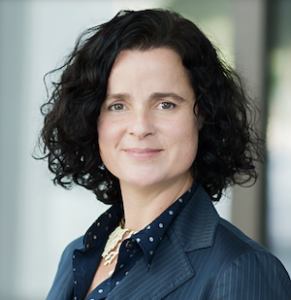 Robyn Adcock is a specialist in traditional Asian medicine who cares for children from birth to young adulthood using techniques that include acupuncture, acupressure and other manual therapies. She provides non-pharmaceutical management for conditions and symptoms such as pain, migraines and other headaches, nausea, anxiety, constipation or other digestive problems, and neurological issues. She also teaches parents, caregivers and interested adolescents about acupressure, meditation and movement techniques that they can use at home to support their health. She is a member of the UCSF Integrated Pediatric Pain & Palliative Care (IP3) team.
Robyn Adcock is a specialist in traditional Asian medicine who cares for children from birth to young adulthood using techniques that include acupuncture, acupressure and other manual therapies. She provides non-pharmaceutical management for conditions and symptoms such as pain, migraines and other headaches, nausea, anxiety, constipation or other digestive problems, and neurological issues. She also teaches parents, caregivers and interested adolescents about acupressure, meditation and movement techniques that they can use at home to support their health. She is a member of the UCSF Integrated Pediatric Pain & Palliative Care (IP3) team.
Adcock serves as executive director and CEO of the California State Oriental Medical Association, where she helps guide the fast-growing profession of Chinese medicine at both state and national levels through legislative policy work, public education programs and interprofessional networking.
Subscribe To This Podcast In Your Favourite Player
Share this podcast with your friends!
Shop Talk with Rebecca Avern
Treating Yin Fire in Children
Many children present in the clinic with a condition that does not easily fit into our usual classification of the deficient (xu) or excess (shi) child. We see a mixed picture. There are signs and symptoms of deficiency, alongside those of Heat. Yet the Heat signs and symptoms are not reconcilable with either Full or Empty Heat. Where do we start? Should we focus on tonifying or clearing?
Once we understand the concept of yin fire, everything begins to make more sense. The first complete and influential description of yin fire was written by Li Dong-yuan in his Treatise on Stomach and Spleen (Pi Wei Lun) in 1250CE. Modern authors e.g. Maciocia, Flaws, discuss the role of yin fire in complex, physical conditions usually seen in adults, such as cancer and auto-immune conditions.
However, in this talk we will explore how yin fire really is the 21 st century pathology in children. So many commonly-seen aspects of children’s lives lead to it arising. It is involved in some of the most widespread childhood behavioural and emotional conditions. You will come away knowing how to both spot it and approach treat it with acupuncture. This will revolutionise your paediatric practice!
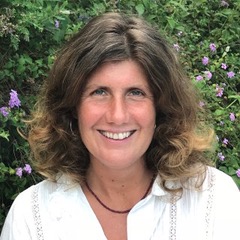 Using acupuncture to help children thrive, and teaching others to do the same, is my passion.
Using acupuncture to help children thrive, and teaching others to do the same, is my passion.
I have treated children with acupuncture for over 22 years, and now treat exclusively children and teenagers. I founded and run two children’s acupuncture clinics in Oxford, UK, one of which offers affordable acupuncture to children and the opportunity for practitioner internships.
I teach a year-long diploma in acupuncture paediatrics at the College of Integrated Chinese Medicine in the UK. I also teach extensively online – notably a complete paediatric acupuncture certificate course through TCMAcademy. I also teach in person seminars internationally. I have been a senior faculty member at the College of Integrated Chinese Medicine, UK for the past 15 years.
I am the author of two books.The first is a textbook Acupuncture for Babies, Children and Teenagers. My most recent book is for parents as well as practitioners and is called Chinese Medicine for Childhood Anxiety and Depression: a practical guide for practitioners and parents.
I founded the Hub of Paediatric Acupuncture www.paediatricacupuncture.com an online community providing information for parents and support to practitioners who treat children. You can also find me at www.rebeccavern.com and www.paediatricacupuncture.com

